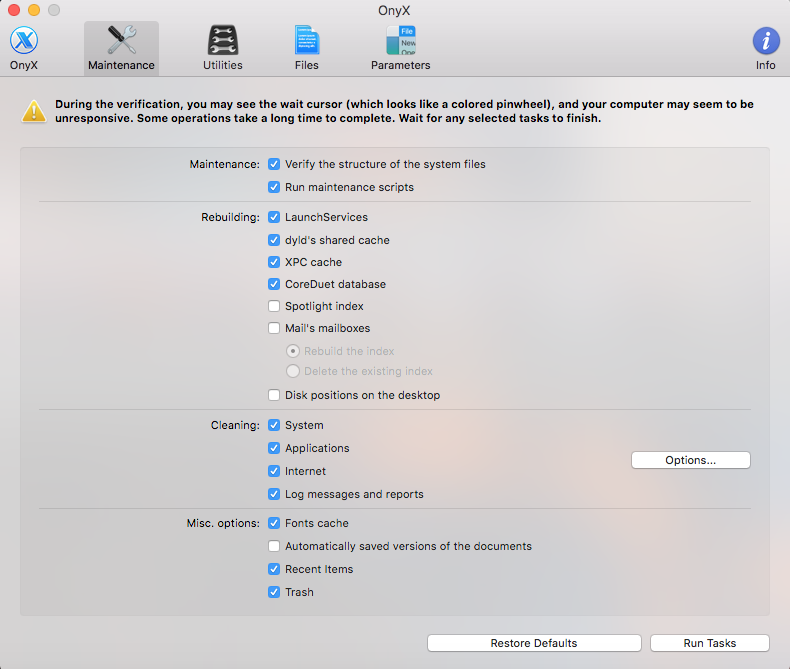
Code Blocks is an excellent programming option for C++. It consists of an open source, multiplatform integrated development environment that supports using multiple compilers, among which are: GCC (MingW / GNU GCC), MSVC++, Digital Mars, Borland C++ 5.5 and Open Watcom. The default compiler that this Code Blocks package comes with is MinGW.
Code Block’s functions can be expanded by using plug-ins. It has a fast, personalized construction system that doesn’t require makefiles and that allows you to carry out parallel constructions on systems with a multicore CPU.
The Code Blocks’ debugger supports the applying of breakpoints on the source code or on the data that the program operates, as well as the establishing of conditions and counters for said breakpoints. It is also possible to create defined inspections by the user. Another noteworthy characteristic are the customized memory dumps.
Finally, Code Blocks colors the open source syntax, includes “code folding” for C++ and XML languages, and has an interface with tabs, a class browser and a function to complete the source code.
Code Block’s functions can be expanded by using plug-ins. It has a fast, personalized construction system that doesn’t require makefiles and that allows you to carry out parallel constructions on systems with a multicore CPU.
The Code Blocks’ debugger supports the applying of breakpoints on the source code or on the data that the program operates, as well as the establishing of conditions and counters for said breakpoints. It is also possible to create defined inspections by the user. Another noteworthy characteristic are the customized memory dumps.
Finally, Code Blocks colors the open source syntax, includes “code folding” for C++ and XML languages, and has an interface with tabs, a class browser and a function to complete the source code.


Code Block Pour Mac Os Catalina 10.15
MacOS 10.15 (Catalina) introduces additional restrictions on running non-Apple software. These restrictions prevent Audacity from functioning correctly, and may conflict with Audacity’s open source license (yet to be confirmed). If you are currently using Audacity on an older version of macOS. Using Jamf Pro to suppress macOS Catalina upgrade from appearing in Software Update: 1) create a new policy, recurring check-in, run once 2) in Files and Processes, Execute Command /usr/sbin/softwareupdate –ignore 'macOS Catalina' 3) Scope to macOS 10.14 systems only pic.twitter.com/cOqrkrHJhA.